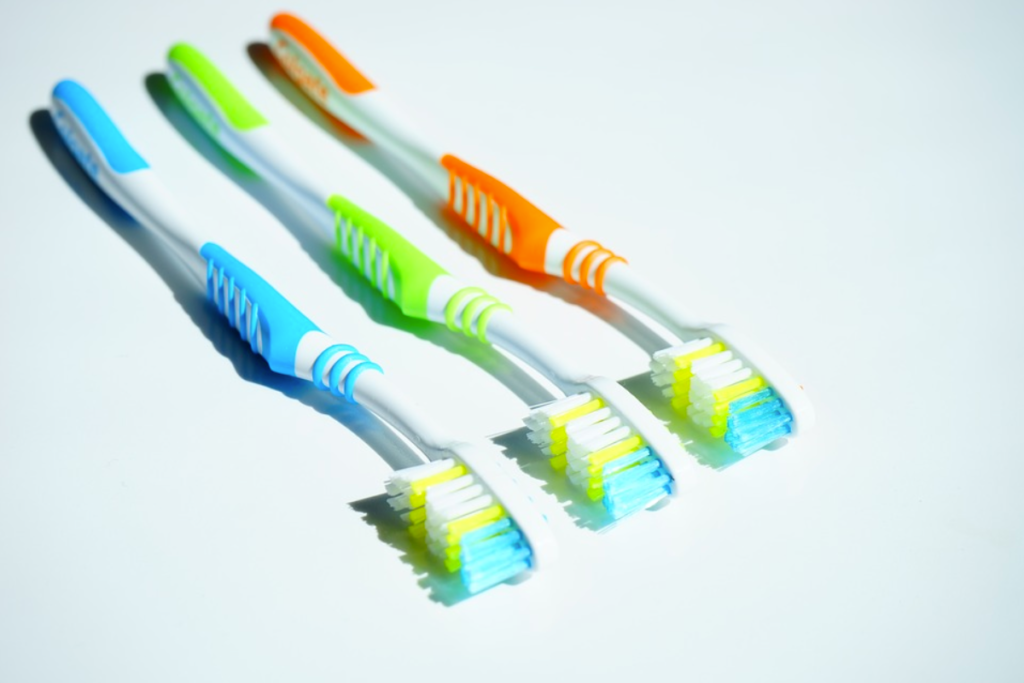White spots on your teeth can be irritating and affect how you feel about your smile. The good news, however, is that they are preventable and rarely cause for concern. Here are things you should know about what causes white spots, how to prevent them, and what options are available should you already have them.
What causes white spots on teeth?
1. Dental Fluorosis – This can happen when a child consumes or is exposed to too much fluoride during the development of their teeth. While undesirable, this is harmless and can happen before teeth even emerge. The most common cause of fluorosis in the US is the use or ingestion of too much toothpaste.
2. Poor Dental Hygiene – Forgetting to brush regularly can cause white spots to develop.
3. Braces – Wearing braces for an extended time can affect the coloration of your teeth and create white spots.
4. Acidic or Sugary Foods – These foods can damage your teeth as well as change the color of their enamel. Rinsing your mouth after you consuming acidic or sugary items can help negate these effects.
How can I prevent them from appearing?
Following a proper oral hygiene regimen is the best way to prevent white spots on teeth. Ensure your child uses the correct amount of toothpaste – children under 3 should use a smear the size of a rice grain, and children over 3 should not use more than a pea-sized amount. It is common for children to accidentally swallow or fail to spit out toothpaste, so be sure to supervise your child as they are learning.
What are options for treatment?
If you are already dealing with white spots, you have options. Whitening or bleaching can make the coloration of your teeth more uniform. Dental veneers can restore the entire appearance of your teeth, solving not just the problem of white spots. In some cases, topical fluoride or enamel microabrasion upon the white spots themselves can do the trick.
Our Frankfort IL dentist will recommend the optimal solution for treating white spots on your teeth. Contact Snow Family Dental for a consultation today.









